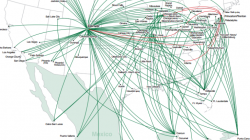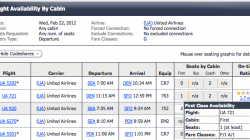Well, here we go again. Except this time it’s personal.
As most everyone knows by now, two nights ago it was discovered that American Airlines had a bookable airfare from Washington D.C. to Beijing for less than $450. In business class.
Needless to say, everyone immediately lost their minds.
In some cases, people booked (or put on hold) multiple tickets for multiple trips, regardless of whether they lived anywhere near Washington D.C. or had any pending plans or even interest in going to China. The fun lasted for an hour or two before the folks at AA finally caught up and shut it all down.
Over the next 24 hours, the community’s reaction followed the usual pattern. American cancelled itineraries on hold (though that may eventually turn out to be legally dubious), but ticketed passengers remained booked (for now). Of course, those ticketed folks were ecstatic. Or having second thoughts. Or disappointed when they couldn’t make the trip work into their schedule and had to cancel. Or shocked when they discovered American doesn’t allow free 24-hour cancellations because they have the hold system and they should have booked on an OTA instead and were now either out $442 or involuntarily going to China.
In other words, this mistake fare followed the usual pattern of mistake fares.
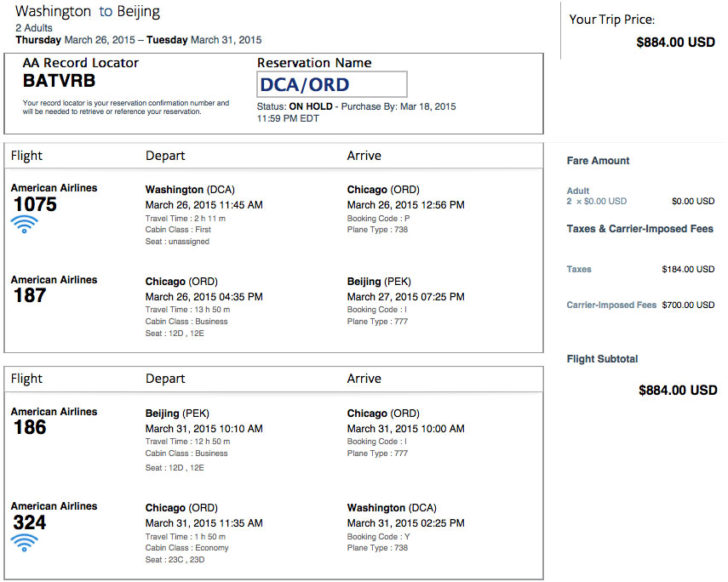
But the question is… is all this effort worth it?
Every time one of these mistake fares pop up, do we have to participate in the mad rush to be part of it? It may seem like there’s no downside, but anything that requires time and resources isn’t without cost. Even if we don’t go in the end, chasing the deal and the time spent afterwards trying to determine if it will stick is effort that could be spent on pretty much anything else. Like, for instance, writing this column, which I was supposed to be doing two nights ago instead of searching for flights from Washington D.C. to China.
So, am I going to keep chasing mistake fares? Or have I learned my lesson?
What the upside?
Obviously there’s a huge upside to all this work — low-cost travel to exotic destinations. And quite frankly, that alone might make it worth the hassle.
Personally I think travel, especially international travel, is one of the more extraordinary adventures that human beings can undertake. If more people traveled, there’d be a much greater understanding of other countries and cultures. Yet here, in one of the richest countries in the world, not even a majority of Americans even possess a passport.
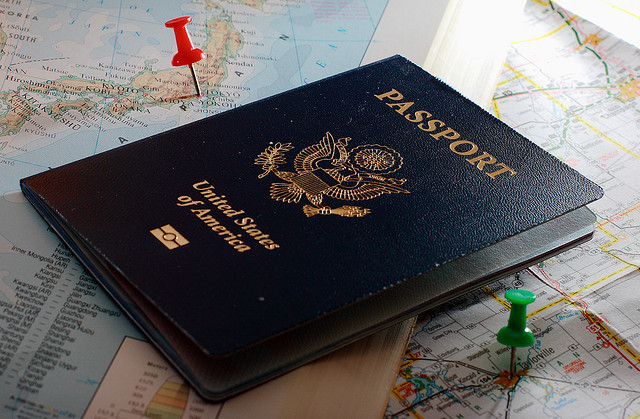
A mistake fare allows us to go to new places for a fraction of what it should cost, which means taking trips we wouldn’t otherwise be able to take. Sometimes it even means making a trip in a level of luxury that most folks wouldn’t be able to experience, such as this week’s mistake fare in business class. (Granted, these seats were angled flat and we all know how that works out around here, but it’s still better than coach.)
But what’s the downside?
On the other hand, the vast majority of people who chase these mistake fares are not traveling for the very first time. It’s probably not your first rodeo if you’re so tuned in that you’re able to catch these mistakes in the very short time before they disappear. While you might be able to travel to a place you haven’t been before, you most likely already have a passport and have undoubtedly been on a plane once or twice. Hey, you might have even been to China before.
The problem with most mistake fares is that they only go to one place, usually within a limited timeframe, and if you don’t really want or need to go to that place at that particular time, you’re trying to force a square peg into a round hole. So often you need to reorganize your entire life to make the mistake fare work. That’s hard enough for one person, but even more difficult when there’s 2 or 3 or a whole family to coordinate.

Then there’s the extra costs — the hotel rooms, the positioning flights, the ground transportation, the burned vacation time, and of course the actual cost of the ticket itself. While mistake fares are relatively ultra-cheap, they’re not (usually) free. Add it all up and you might be paying a lot of money to go somewhere that wasn’t exactly high on your priority list.
What about the lost time?
As I mentioned earlier, during the hours that I was scheduled to be writing this column, instead I was frantically rushing from ITA Matrix to Expedia to aa.com in an effort to find flights I could book before they vanished. Google Flights showed there was available inventory, but then priced obscenely higher when it came to their booking buttons. I actually got all the way to the final page on Orbitz, having even entered my credit card info, before the site announced that fares had changed during the booking process and were now 10 times higher.
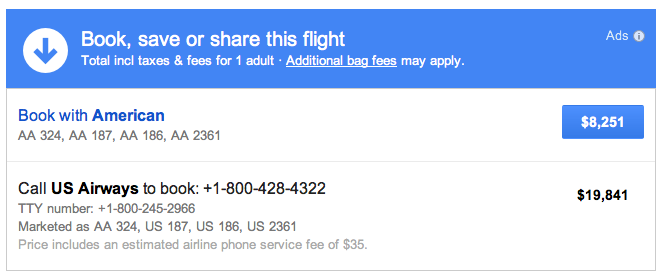
Finally, it was all over and the fare was dead. Except of course it wasn’t all over, because the end of a mistake fare only signals the beginning of the endless speculation. I spent at least half of the next morning obsessively refreshing the relevant Flyertalk thread, checking on my reservation, and perusing the related blog posts and Twitter conversation.
If I had used all that time more productively, I probably could have cured cancer.
Then if/when the ticket gets cancelled, what happens next? A DOT complaint, of course. Now, I will be the first to say that airlines routinely use ridiculous excuses to justify charging obscene fees that are multiple times above their costs of doing business, so I see no reason they should be allowed to retract a legitimately made booking, regardless of whether the price made “economic sense” or not. But trying to hold them to their contract is still a giant time suck, and only sometimes successful. Besides, if you’ve jumped through all these hoops and still have to get the Federal Government involved, is it even worth going anymore?
The Devil’s Advocate is going to stop chasing… ahhhhh, come on, who am I kidding?
I’m gonna keep doing it. I can’t resist. Pursuing mistake fares is a game in and of itself, just like manufacturing spend or mileage running or chasing signup bonuses. There’s an adrenaline rush to it… an excitement to winning and a general gloominess when I lose or miss out. And like many aspects of this hobby, when I win, I need even more.
So how did this particular mistake fare work out for me? Well, I had a ticket on hold at AA for myself and my girlfriend and could have ticketed it or booked through a cancellable OTA while we checked on our work schedules. But it would have meant really pushing things just to make a rushed trip. By the time I got up the next morning, I decided we could put together a better trip to Asia anyway, even if it cost a bit more. So I let this one go.
But I’ll probably chase the next one. No, I take that back. Not even probably.
Devil’s Advocate is a weekly series that deliberately argues a contrarian view on travel and loyalty programs. Sometimes the Devil’s Advocate truly believes in the counterargument. Other times he takes the opposing position just to see if the original argument holds water. But his main objective is to engage in friendly debate with the miles and points community to determine if today’s conventional wisdom is valid. You can suggest future topics by following him @dvlsadvcate on Twitter or sending an e-mail to dvlsadvcate@gmail.com.Recent Posts by the Devil’s Advocate:
- When Are Hotel Loyalty Programs Worth the Extra Cost?
- My #30kToNowhere Mileage Run Cost Only 3.99 CPM… Or Did It?
Find the entire collection of Devil’s Advocate posts here.

